There is no question that the Italian election results were excellent from a Hungarian point of view, and there is also no question that after a globalist, liberal, left-wing government, a national, right-wing, conservative coalition government has finally been formed in Italy. As Italy still carries a lot of weight in Europe and in the Union, we had reason to hope that we would receive very serious and comprehensive support for our sovereignist aspirations from them, both within the Union and from a broader geopolitical stand point.
It is clear that Giorgia Meloni, who has good relations with the Hungarian prime minister, agrees with our aspirations in several key matters, including our family policy, which the Italian PM seems to treat as a model. Another such issue is the representation of nations' interests, the question of national sovereignty both within and outside the Union. And the Hungarian government and Meloni think the same way about the commitment to Christian values.
In summary, Meloni also defines her own personal values and subsequently her politics in the triad of God, family and country, and this is definitely encouraging for the future of Hungarian-Italian relations.
Recently doubts have arisen as to whether Meloni is really an excellent ally. In any case, her meeting with Joe Biden and her near self-abasement in the face of the Democrat's pro-war president was disappointing. I would like to offer an explanation for this reversal of fortune, for there are a couple of moments in Meloni's career that are worth paying attention to and that may provide a reason for this less than positive change.
It was already a bit surprising that Meloni's Brothers of Italy party (Bdl) victory was greeted with mixed emotions by the mainstream media and lacking the level of outrage one might have expected. Furthermore, there were varying voices among mainstream globalist politicians, with Dutch PM Mark Rutte, European Parliament VP Katarina Barley and Bavarian PM Markus Soder, for example, seeing Meloni's success as a serious threat to the future of Europe, but surprisingly, Manfred Weber, head of the People's Party (EPP), said that Meloni should be given a vote of confidence and Alexander von der Bellen, Austria's clearly green and globalist re-elected president, said Meloni posed no threat to Europe.
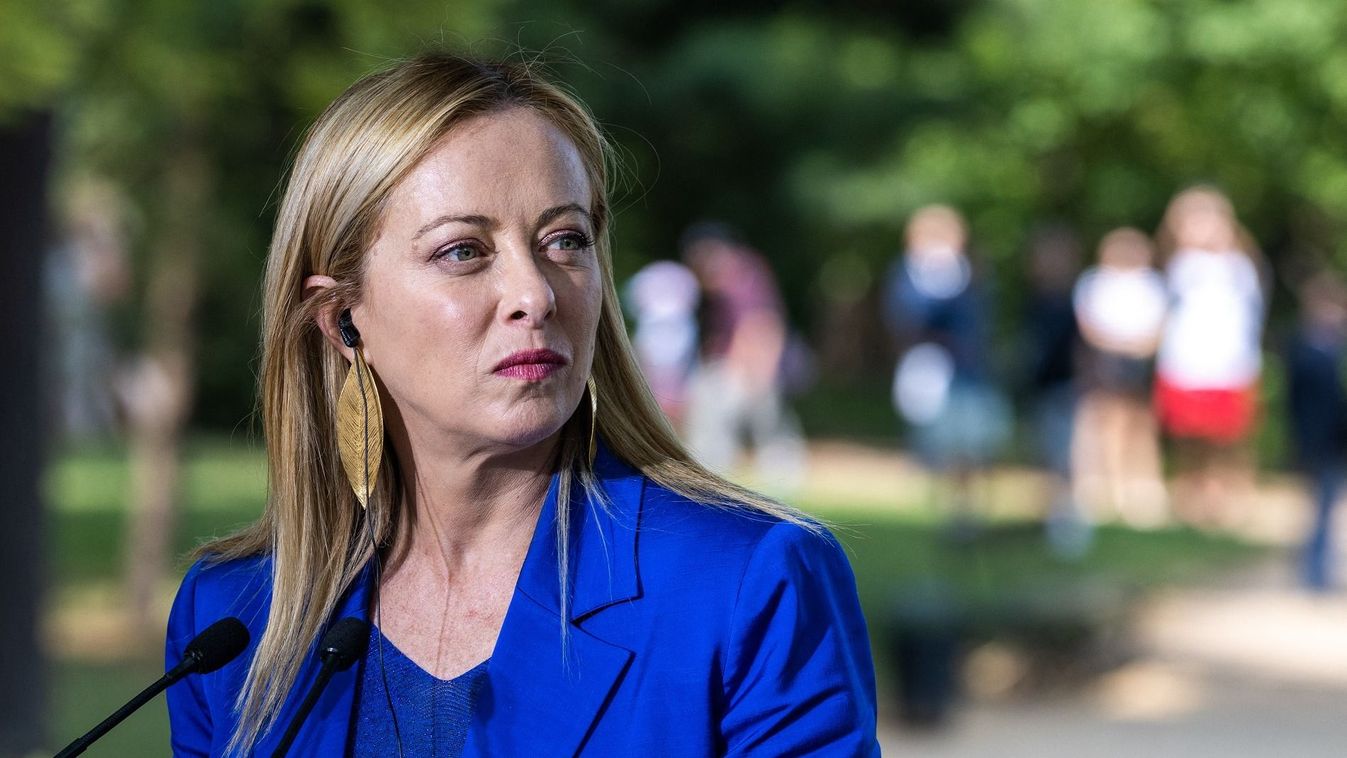





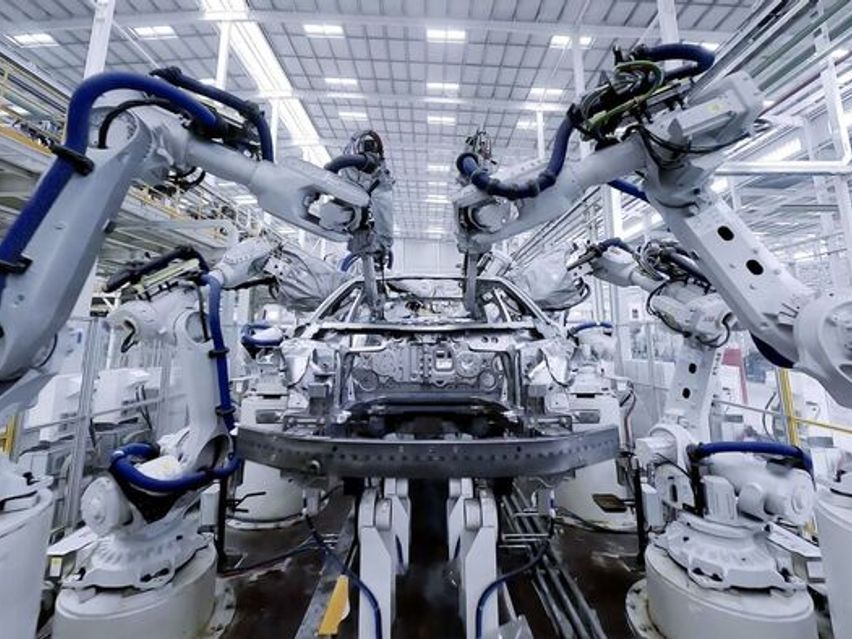
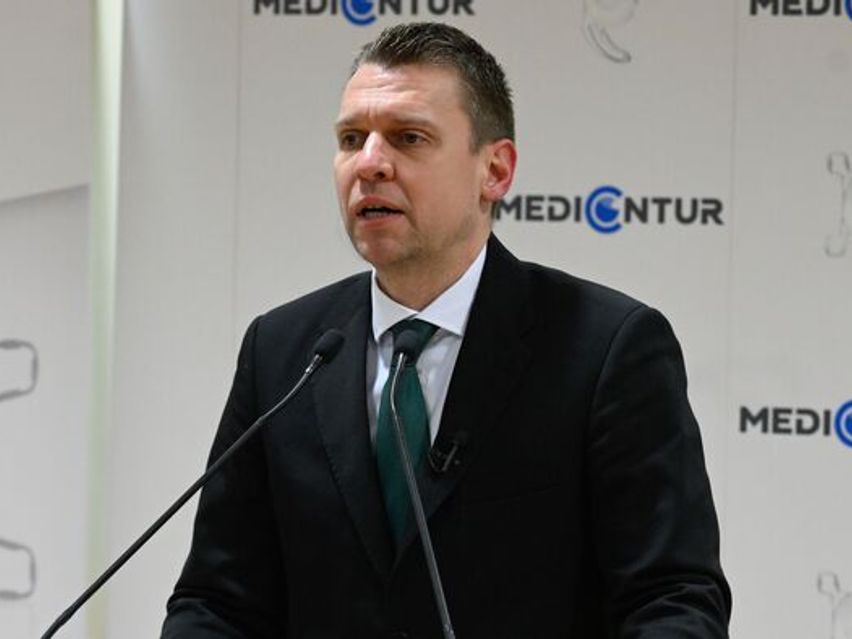
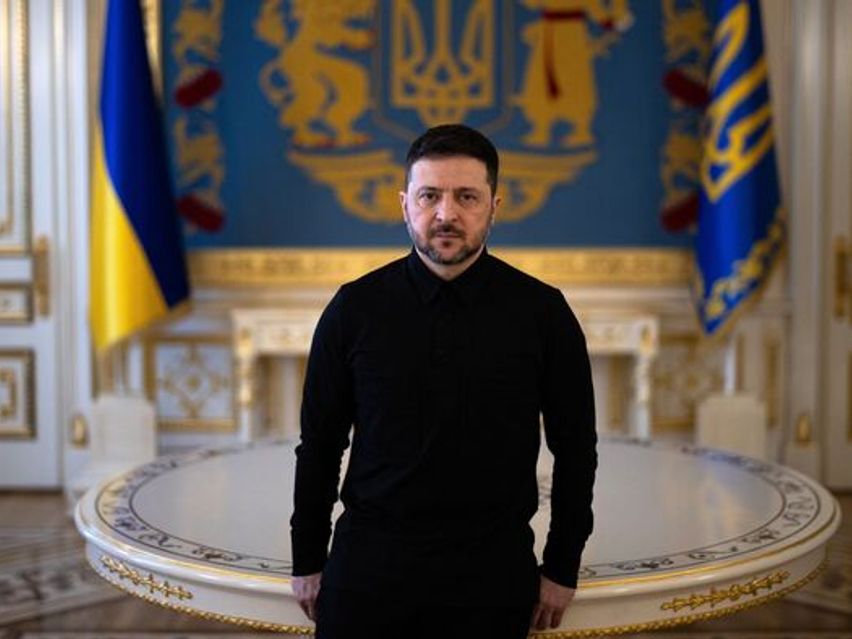


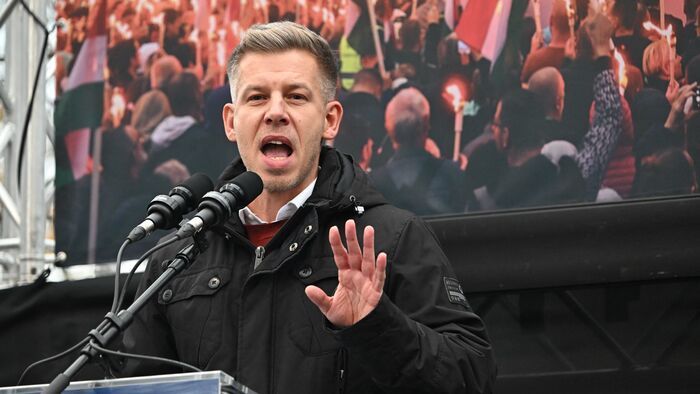


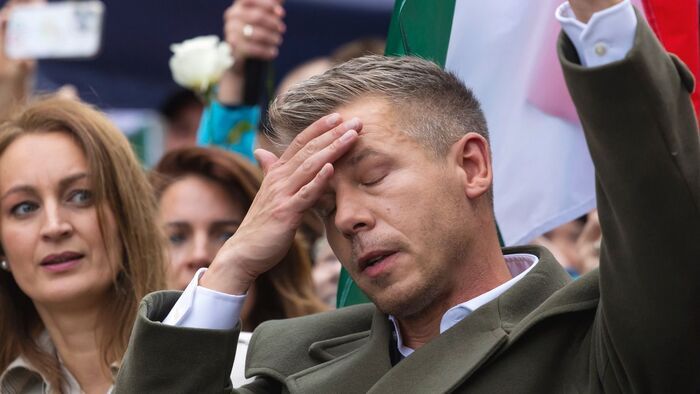
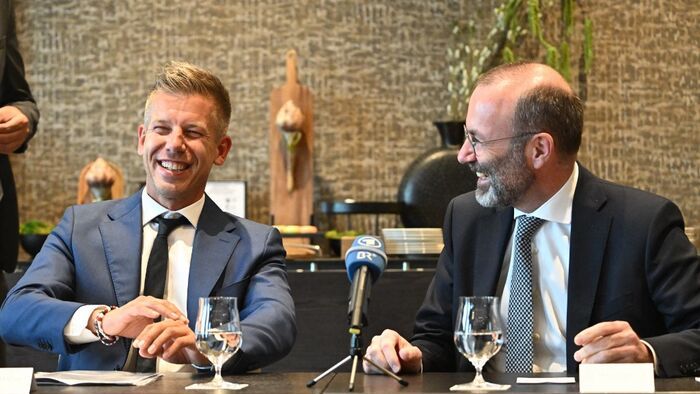

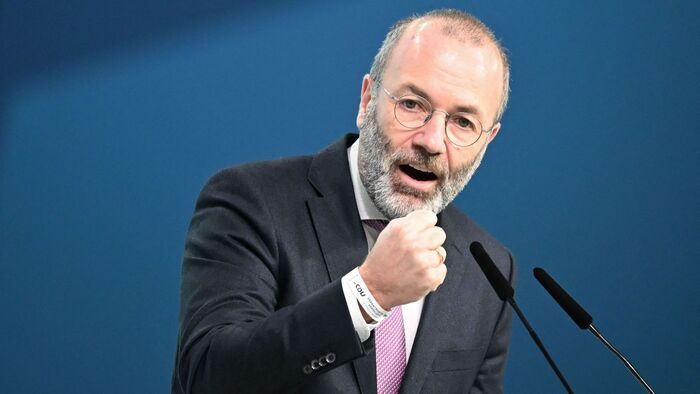

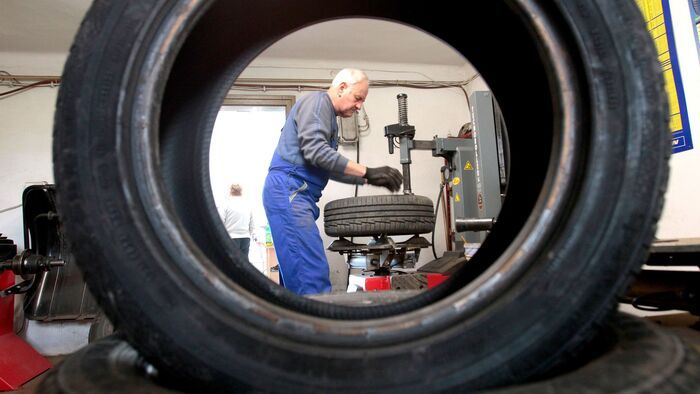

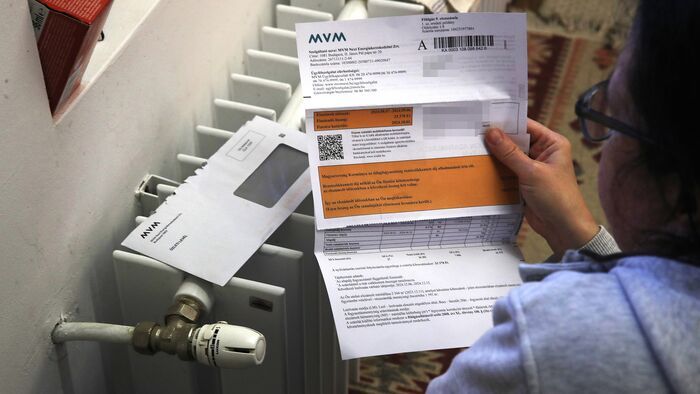

Szóljon hozzá!
Jelenleg csak a hozzászólások egy kis részét látja. Hozzászóláshoz és a további kommentek megtekintéséhez lépjen be, vagy regisztráljon!